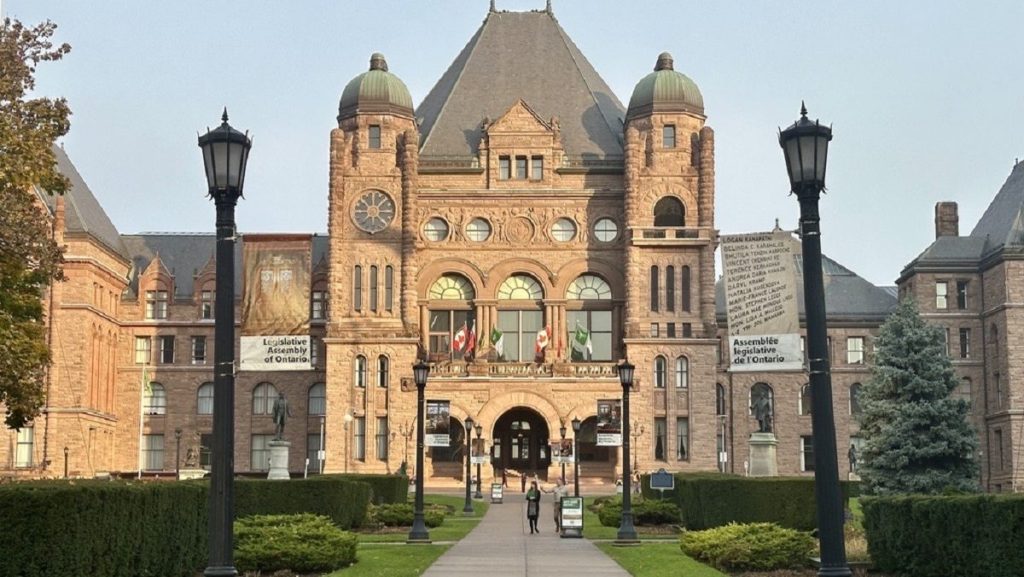Government revisions show slightly slower 2019 GDP growth
Posted Jul 30, 2020 06:08:07 PM.
WASHINGTON — The government says the U.S economy grew a bit more slowly last year than it had previously estimated and slightly faster in 2018.
Those changes emerged Thursday in the government’s annual revisions to its estimates of the gross domestic product, the economy’s total output of goods and services. The government each year revises the GDP figures going back five years.
The Commerce Department’s Bureau of Economic Analysis said Thursday that GDP grew 2.2% last year, down slightly from the 2.3% gain it had previously estimated.
For 2018, GDP growth was revised up to 3%, slightly above the 2.9% gain the government had initially reported. That revision means that President Donald Trump did barely achieve the goal of 3% growth in 2018, helped significantly by a boost from his December 2017 tax cut.
The revisions showed that the 3% growth in 2018 was the strongest annual growth since a revised 3.1% gain in 2015, when Barack Obama was president. Before the revisions reported Thursday, the 2015 GDP gain had been reported as a slightly smaller 2.9% gain.
The revisions showed GDP growth of 1.7% in 2016, up from 1.6% previously estimated, and 2.3% in 2017, down from 2.4% earlier reported.
The small changes up and down did not change the overall performance over the past five years. GDP showed an average annual gain of 2.3% from the fourth quarter of 2014 to the fourth quarter of 2019, unchanged from the previous estimate.
Consumer spending, which accounts for about 70% of economic activity, grew at a 2.7% annual pace over the five-year period, down slightly from the previous estimate of 2.8% spending growth.
But business investment spending grew at a faster 2.5% annual pace, up from the previous estimate of 2.2%. Exports and government spending were also revised up slightly. The growth in imports, though, was revised down slightly.
The government’s annual GDP revisions incorporate data that has become available since the last annual revisions. The annual revisions used to cover just three years but were expanded to cover five years starting last year.
Martin Crutsinger, The Associated Press








